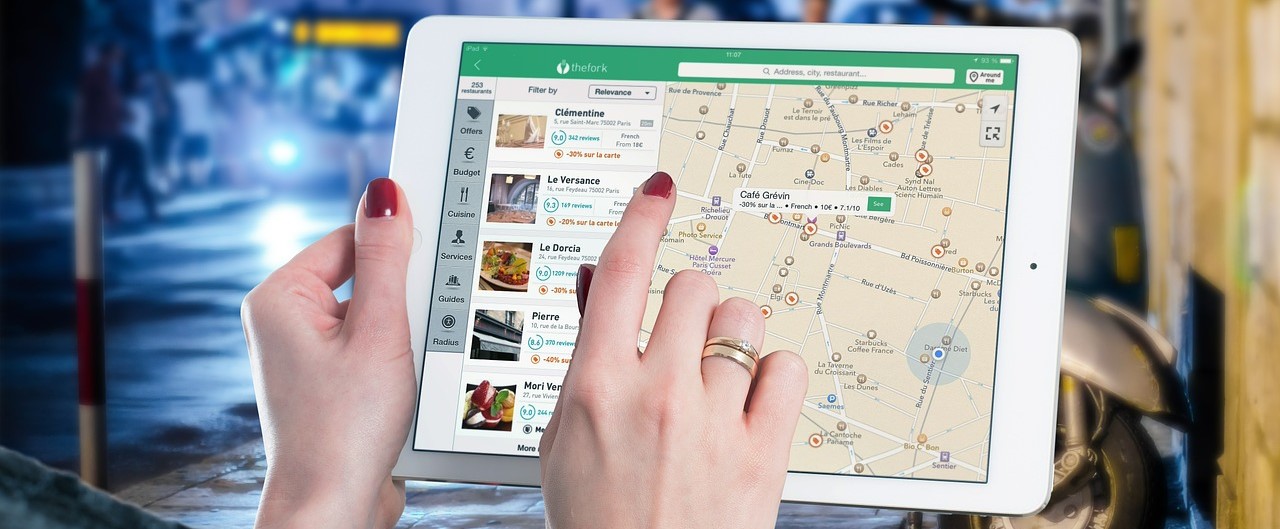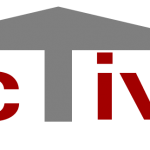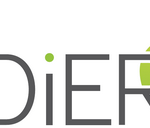Innovative Technology-Based Services
Work fields of the iso-Institutes - Current & completed projects
Technological innovative solutions in person-related services are at the core of this project. The economic landscapes of modern, developed economies are dominated by large services sectors, whether in the industrial or in the tertiary sector. Many of these services offered in the services sectors have a direct reference to person-related services. Moreover, person-related services are very analogous and interactive activities. The mechanisation and digitalisation of work in person-related services in particular are therefore more and more prevailing. The resulting need for the design of solutions in this area is one key focus of the institute's work.
The iso-Institute is a leader in the research and development (R&D) of technology-based local public transportation. Other core activities of our institute are "Age & Care" (i.e. the use of technology in healthcare and care or the Ambient Assisted Living - AAL), R&D of service sectors, the link between services sectors and manufacturing sectors and R&D of social science technology. The focus is always on the humane-orientated design of technologies in the human-machine-interaction.
The approach used in the course of this work is “services first”: i.e. before creating new services or technology-based service systems, the expectations on and the link between the service users and the service providers have to be determined. If there is no acceptance of the new approaches to the usual practices on the part of customers or patients and on the part of the service providers, innovations have no chance. Consequently, when designing services, both users and providers must always and fully be involved at a early stage.
Our institute has conducted numerous works in this field among others with networks of research projects as "meta-projects". Assistance technologies and services that support everyday life or person-related services for rare diseases, here with special reference to ALS, are few examples.
In this project field, for a successful R&D of innovative services, the cooperation with other disciplines (such as computer science, medicine, nursing science) and with representatives of social institutions (such as companies and social associations) is indispensable.
Current Projects
LEDSOL: Clean and Sustainable Water through Intelligent UV/LED Disinfection and Solar Energy Use
Project Duration: May 2022 - April 2025
LEDSOL: Clean and Sustainable Water through Intelligent UV/LED Disinfection and Solar Energy Use
To Read FurtherVirtual Working Design in a Structurally Weak Region (ViSAAR)
Project Duration: May 2021 - July 2024
The Saarland is particularly affected by structural and demographic changes compared to the rest of Germany. Innovative and sustainable concepts are therefore crucially needed to improve and to increase the competitiveness and the attractiveness of this region as a business location. The focus here lies particularly on digitalisation and virtualisation of the working world as future-oriented structural change requires transferable solutions. To this end, for the individual applications of these new concepts in companies, human-centred and not purely technology-centred scenarios have to be developed and tested for their applicability.
To Read Further
Completed Projects in Recent Years
Arbeiten 4.0 – Chancen und Herausforderungen in Luxemburg
Laufzeit: Abgeschlossen 12/2017
Das Projekt „Arbeiten 4.0 – Chancen und Herausforderungen für Luxemburg“ ist eine Folgestudie des im November 2016 veröffentlichten Strategiepapiers „Die dritte industrielle Revolution in Luxemburg“ des US-amerikanischen Ökonomen Jeremy Rifkin und setzt sich mit den sozialen Komponenten des zukünftigen, ressourcenschonenden und digitalisierten Wirtschaftsmodells im Großherzogtum Luxemburg auseinander.
To Read FurtherEntwicklung eines Trainingsprogramms zur Verbesserung eines aktiven und gesunden Alterns durch die Nutzung von High-Tech Assitive Technology (AcTive)
Laufzeit: 01.09.2016 – 31.08.2018
Das übergeordnete Ziel von AcTive ist es, Trainingsmaterialien für ältere Menschen zu entwickeln, die passgenau auf deren Bedürfnisse und Lebenssituationen abgestimmt sind (z. B. Smartphones, Notrufsysteme).
To Read FurtherVerbundprojekt: Digitalisierte Dienstleistungen im Bereich der Ernährungsberatung von Personengruppen mit erhöhten gesundheitlichen Risiken bei Fehlernährung (DiDiER)
Laufzeit: 01.08.2016 - 31.12.2019
Das zentrale Ziel des Projekts ist es, die Beratungsqualität von Dienstleistern nachweislich zu verbessern. Hierzu wird erforscht, ob und wie digitale Technologien wie Apps und personalisierte Datenbanken Dienstleistungsprozesse im Bereich der Ernährungsberatung zum Vorteil von Patienten und Beraterinnen verändern können. Die hierbei gewonnenen Erkenntnisse sollen auch auf andere Dienstleistungen im Bereich der Gesundheitswirtschaft oder auf andere Beratungstätigkeiten angewendet werden können.
To Read Further
